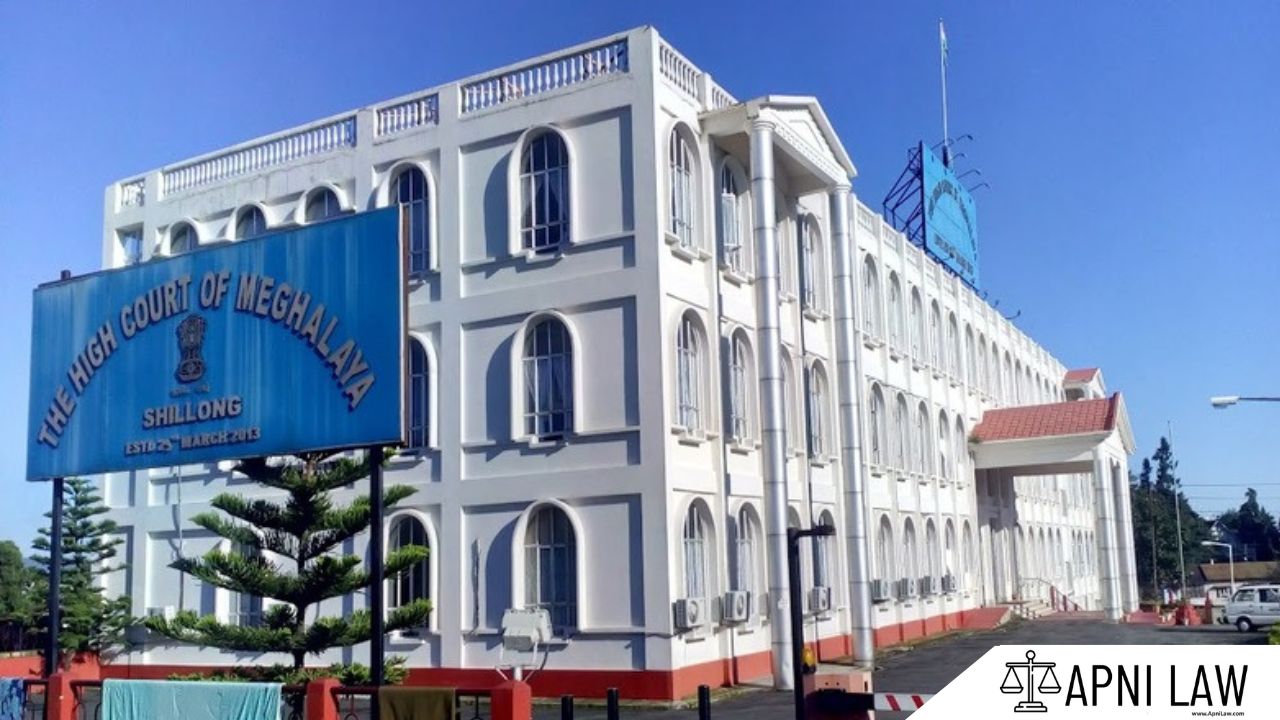Section 432 CrPC: Power to Suspend or Remit Sentences
This section of India’s Code of Criminal Procedure (CrPC) grants the power to the appropriate government to suspend or remit sentences imposed on convicts.
1. State the Code:
Section 432 CrPC
2. Explain it:
Section 432 CrPC empowers the appropriate government (Central or State, depending on the nature of the crime and the sentence) to exercise the following powers:
- Suspend the Execution of Sentence: This means temporarily halting the execution of the sentence, which can be done either wholly or partially.
- Remit the Sentence: This involves reducing the sentence imposed on the convict. It can be a reduction in the term of imprisonment or a complete remission of the sentence.
The government can exercise these powers on various grounds, including:
- Mercy Petitions: Convicts can appeal to the government for mercy, seeking a reduction or suspension of their sentence.
- Good Conduct: The government may consider the convict’s good conduct during imprisonment and their efforts towards rehabilitation.
- Special Circumstances: The government may exercise its power based on special circumstances, such as illness or age of the convict.
- Public Interest: The government may choose to remit or suspend a sentence in the public interest, considering factors such as the nature of the crime and its impact on society.
3. Illustrate it:
Consider a scenario where a person is sentenced to 5 years of imprisonment. The government, considering the person’s good behavior and efforts towards rehabilitation, decides to remit the sentence to 3 years. This is an example of the government exercising its power under Section 432 CrPC to reduce the sentence.
4. Common Questions and Answers:
Q: Who has the power to suspend or remit sentences under Section 432 CrPC?
A: The appropriate government, either Central or State, depending on the nature of the offense and sentence.
Q: What are the grounds on which the government can exercise its power under Section 432 CrPC?
A: Mercy petitions, good conduct, special circumstances, and public interest.
Q: Can a convict directly apply to the government for remission or suspension of sentence?
A: Yes, convicts can submit mercy petitions to the government seeking remission or suspension of their sentence.






